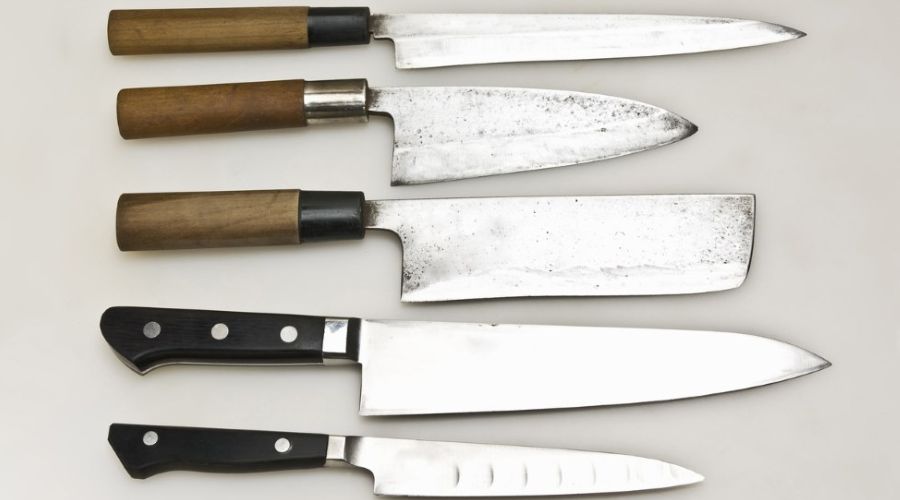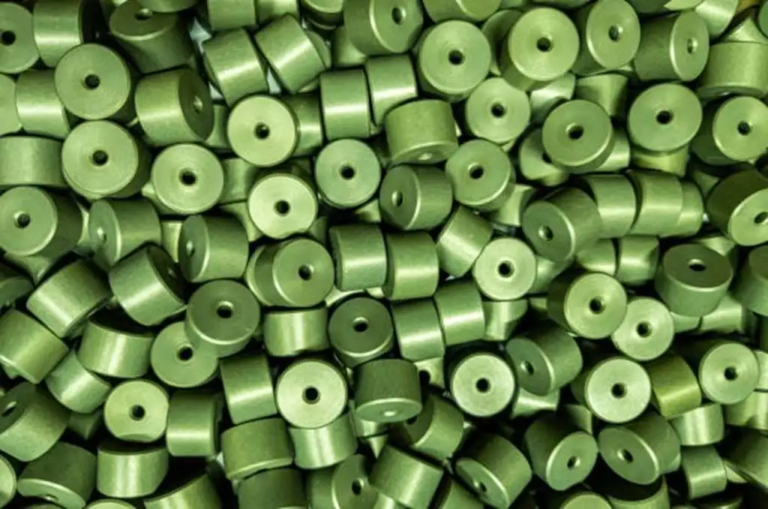Why Every Chef Values a Sharp Edge in Raindrop Damascus
In the culinary world, the right tools can make all the difference. Among these tools, knives hold a prominent place, with Raindrop Damascus often regarded as the gold standard. Renowned for their durability, precision, and craftsmanship, Raindrop Damascus are celebrated not just for their construction but also for their sharp edges. This knife store delves into why every chef values a sharp edge in Raindrop Damascus, exploring the benefits they bring to the kitchen and the artistry of cooking. The precision, efficiency, consistency, safety, and craftsmanship associated with these knives make them invaluable tools for chefs. From enhancing culinary creativity to fostering a safer working environment, sharp-edged Raindrop Damascus redefine the standards of professional cooking.
Precision and Control
One of the primary reasons chefs prioritize a sharp edge in their knives is the precision it offer. When a knife is sharp, it can slice through ingredients effortlessly, allowing chefs to make clean, precise cuts. This precision is crucial for several reasons.
First, when cutting vegetables, meat, or herbs, clean cuts help maintain the integrity and texture of the ingredients. A sharp raindrop damascus knife will glide through food rather than crush or tear it, which is especially important for delicate items like herbs or tomatoes. This not only preserves the visual appeal of the dish but also enhances the overall flavor, as clean cuts can prevent the release of bitter juices from damaged cells.
Efficiency and Speed
In a busy kitchen, speed and efficiency are paramount. Chefs often work under tight deadlines, preparing multiple dishes simultaneously while maintaining high standards of quality. A sharp edge in Raindrop Damascus significantly enhances efficiency.
When knives are sharp, chefs can cut through ingredients quickly without applying excessive force. This not only speeds up the prep time but also reduces the risk of accidents. A dull knife requires more pressure, which can lead to slips and injuries. With a sharp knife, chefs can work more confidently and swiftly, ensuring that they meet the demands of a fast-paced environment.
Consistent Results
Consistency is a hallmark of professional cooking. Chefs strive to create dishes that meet the same high standards every time, and having the right tools is crucial for achieving that consistency. A sharp edge plays a significant role in delivering uniform results.
When slicing meats or vegetables, a sharp knife ensures that each cut is even, whether it’s a perfectly sliced onion or a piece of chicken. This uniformity is essential not only for aesthetics but also for cooking times. For example, if vegetables are cut into irregular sizes, they will cook unevenly, leading to some pieces being overcooked while others remain undercooked. A sharp knife helps maintain consistency, which ultimately results in better-flavored and visually appealing dishes.
Safety Considerations
While it may seem counterintuitive, using a sharp knife is actually safer than using a dull one. Many chefs advocate for this principle, as sharp knives provide more control and reduce the likelihood of accidents. A dull knife often requires more force to cut through food, which can lead to slips and injuries.
When a chef uses a dull knife, they may find themselves pushing too hard, increasing the chances of the knife slipping off the ingredient and causing a cut. In contrast, a sharp knife glides through food, allowing for smoother, more controlled movements. Chefs are less likely to exert unnecessary force, significantly lowering the risk of accidents in the kitchen.
Craftsmanship Behind German Steel
The quality of German steel is another factor that enhances the value of sharp edges. German knives are renowned for their exceptional craftsmanship, with manufacturers like Wüsthof, Zwilling, and Messermeister adhering to rigorous standards in production. The high-carbon stainless steel used in these knives not only contributes to their sharpness but also to their durability and resistance to corrosion.
The process of forging Raindrop Damascus often involves traditional techniques that have been refined over centuries. This craftsmanship ensures that each knife is balanced, strong, and able to maintain its edge longer than inferior counterparts. Chefs appreciate the investment in quality, knowing that a well-made German steel knife will provide reliable performance in the long run.
Ease of Maintenance
While maintaining sharp edges is essential for optimal performance, the quality of Raindrop Damascus makes this task manageable. High-quality German steel can hold its edge for extended periods, requiring less frequent sharpening compared to other knife types. When it does need sharpening, the process is straightforward, especially with the right tools.
Chefs often have their preferred methods for maintaining sharpness, whether using whetstones, honing rods, or professional sharpening services. The ease of maintenance allows chefs to focus on their craft rather than worrying about the state of their knives. This reliability in performance contributes to the overall confidence chefs have when utilizing their Raindrop Damascus.
Enhancing Culinary Creativity
A sharp edge in Raindrop Damascus not only facilitates basic kitchen tasks but also encourages culinary creativity. With a tool that performs exceptionally well, chefs feel empowered to experiment with new techniques, presentations, and flavor combinations.
When chefs have the confidence that their knives will deliver precise results, they are more likely to try intricate slicing, dicing, or even advanced techniques like filleting fish or butchering meat. This freedom fosters innovation in the kitchen and allows chefs to express their creativity, ultimately leading to more exciting and unique dishes.
Investment in Quality
Investing in a high-quality German steel knife is an investment in a chef’s craft. While the initial cost may be higher than purchasing cheaper alternatives, the benefits of a sharp edge and durable construction justify the price. A well-maintained German steel knife can last a lifetime, becoming a trusted companion in a chef’s kitchen.
For professional chefs, having reliable tools is paramount to success. A sharp edge ensures that they can deliver exceptional results consistently, maintain efficiency in their workflow, and create dishes that leave a lasting impression on their customers. The investment in quality ultimately pays off in the form of enhanced culinary experiences.






